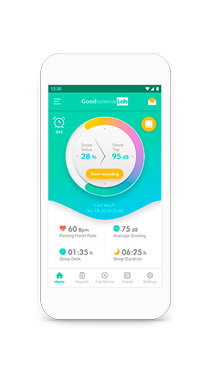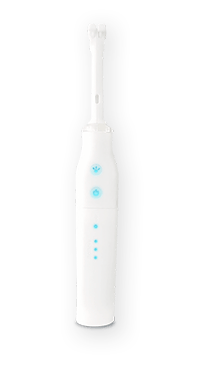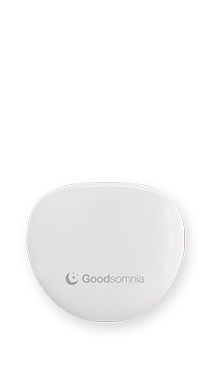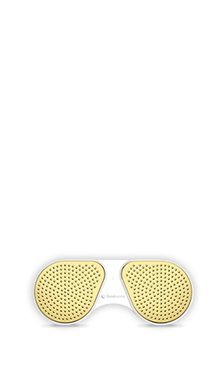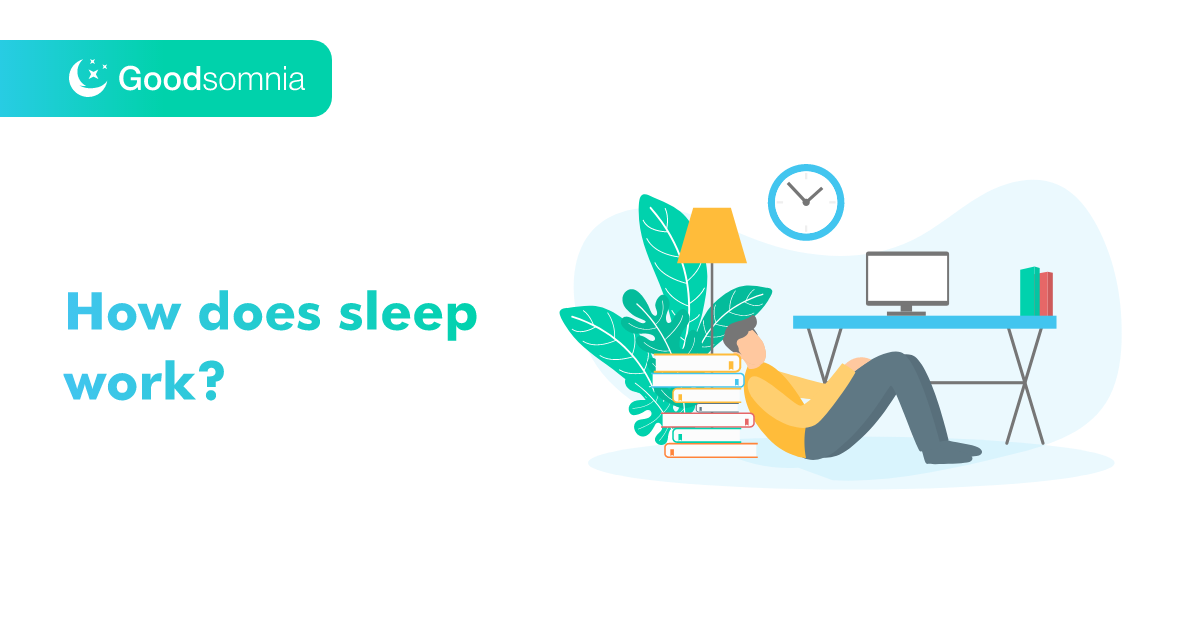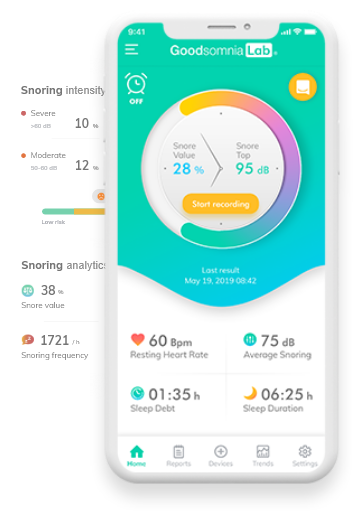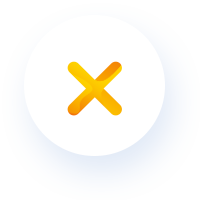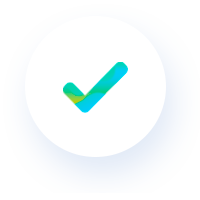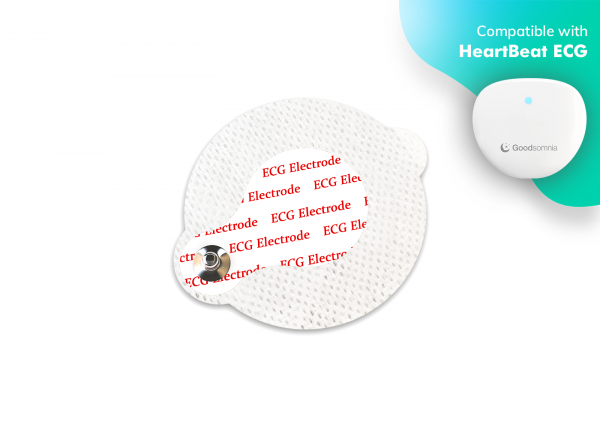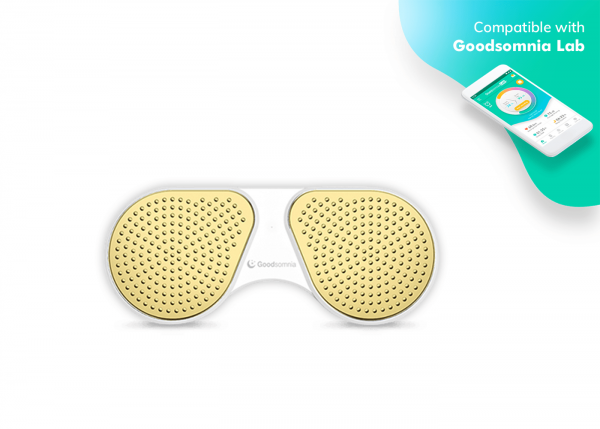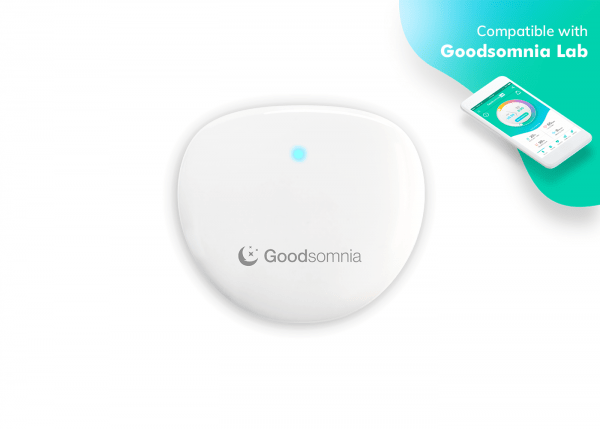When you’re in the arms of Morpheus, it’s not only him you should credit for your sleep and dreams. Despite your somewhat unconscious state of mind, your brainwave patterns work the graveyard shift as well, making up the definition of what we call a night’s sleep.
So, how does sleep work? Sleep is time for the body and mind to recover from daily routine and ready for the next day. While you sleep, you also experience:
- Memory creation. The work of brainwaves slow yet stores newly gained information. Your brain also gets rid of a different kind of spam. During sleep, hippocampal neurons replay previous wake experiences during so-called sharp-wave ripples, contributing to memory consolidation.
- Sleep stages. The best way to explain how sleeping works is hidden in the 5 stages of sleep. Scientists and sleep experts prefer to focus on two phases: REM (rapid eye movement) and NREM (non-rapid eye movement). During REM, sleep waves provide energy to the brain and body, functioning faster. As the NREM stage begins, muscles, blood pressure, heart rate and breathing begin to relax, and enters the deep sleep stage.
- Dreams. This is what we usually think of when considering how sleep works. Whether you’re having the time of your life or being chased by a crazed killer, dreams begin to appear at the REM stage.
Sleep trackers and what do we know about them
How do sleep apps work? Do they work? Besides doctors and sleep specialists, sleep trackers work by monitoring your sleep patterns and usually measure:
- how long you sleep
- amount of waking up at night
- time spent in each stage
- snoring
- heart rate
You may still wonder ‘How does a sleep tracker work and gather all this information?’. Sleep trackers can detect your body movements as you sleep. A microphone can be installed in a sleep tracker, whether it’s a separate device (a wristband, a watch, etc) or a phone app. That’s how they identify if you snore, gasp, or even suffocate.
What about heart rate or blood pressure then? There are many wearable sleep trackers which use a personal heart rate monitor.
Why not use Goodsomnia Lab, a free snore tracker, to record your sleep behavior. Soon we’ll be releasing our smart stop-snoring device so click here to more notification.
Stay tuned and take care of your sleep!

